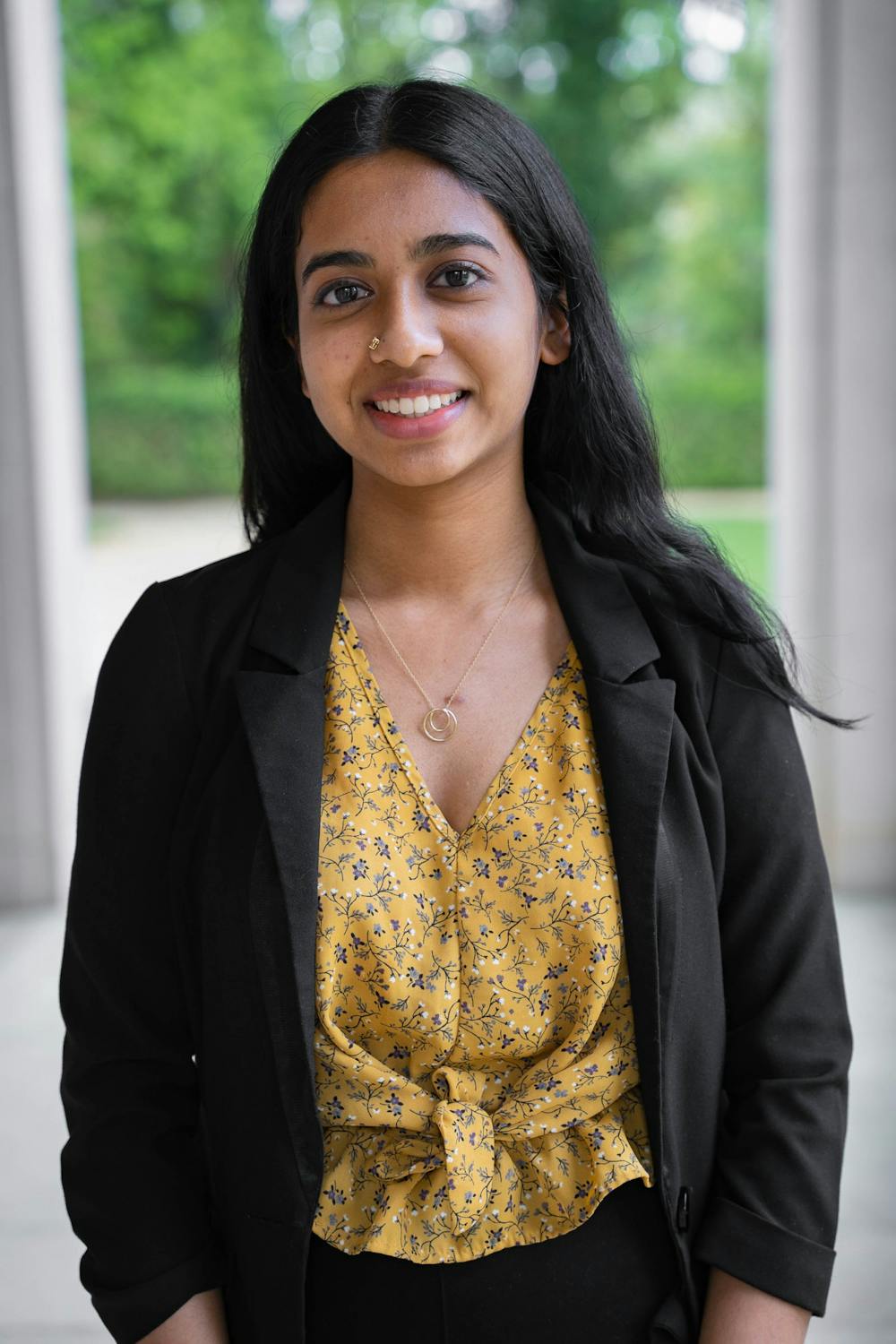For the longest time, I’ve felt conflicted about my relationship with The Daily Tar Heel.
I’ve felt immense pride when we broke major news stories or held the University accountable for its treatment of the campus community. I’ve loved supporting our newspaper as a bastion of student journalism — a place to “Print News, Raise Hell.”
But I’m also disappointed. I’m disappointed by the hypocrisy of a supposedly inclusive newsroom that hasn’t made enough efforts to prioritize staffers of color and from underrepresented backgrounds. I’m embarrassed knowing we caused harm to people through reporting missteps and have overlooked stories crucial to different members of our readership.
When I applied to join the DTH in fall 2018, one of the very first things I read was former University Desk Editor Leah Asmelash’s farewell column.
Leah’s words about the paper’s systemic race issue stuck with me throughout DTH orientation, during management reads, in conversations with other journalists of color and every time I stepped foot in the office.
As a new staffer, I didn’t see myself as a valuable part of the newsroom, especially because it was overwhelmingly white. Time and time again, I thought about quitting the DTH.
It’s also difficult to feel cared for by a newsroom that doesn’t write stories that relate to your lived experiences. Historically, the DTH has been criticized for not covering issues that are important to BIPOC and marginalized communities and for not being culturally competent when it does cover those communities.
But I also know that intentional and sustainable change doesn’t happen overnight.
I’m proud of the work that the DTH's Diversity, Equity and Inclusion Officers Brittany McGee, Ramishah Maruf and Heidi Pérez-Moreno have done to make the newsroom a more inclusive space. They and other DTH editors and staffers of color before them helped prioritize reporting on stories of marginalized communities, which eventually led to the creation of the Elevate section this year. Elevate's purpose is to highlight and celebrate underrepresented communities that make up our campus and Orange County.




